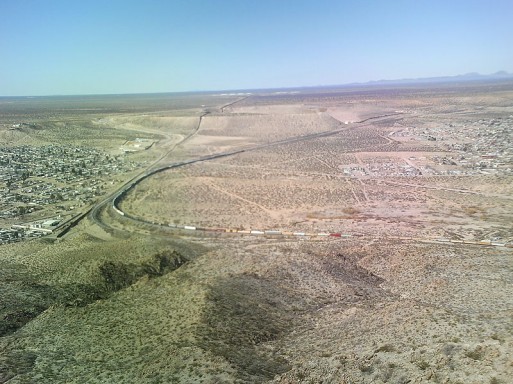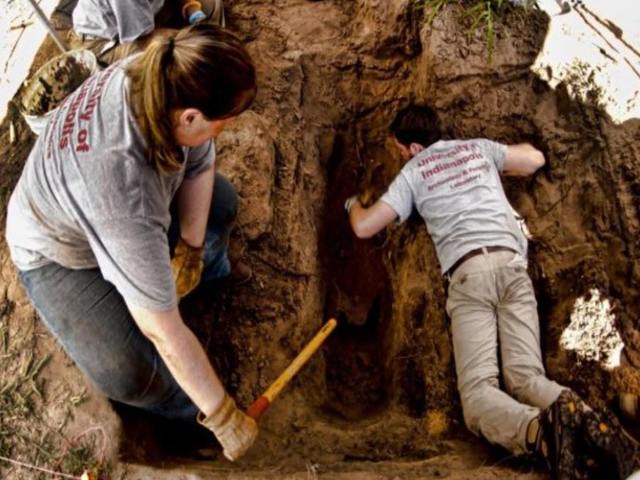In a small town near Corpus Christi in Texas, Falfurrias, anthropologists and student assistants have discovered several mass graves in the last couple of weeks. The occupants of these mass graves are hundreds of undocumented migrants. The methods of burial rang from trash bags to shopping bags, and from body bags to nothing at all. Researchers also discovered biohazard bags filled with skulls scattered in between coffins. In addition, most remains were clustered into groups of up to five. As forensic anthropologist Krista Latham puts it, “To me it’s just as shocking as the mass grave that you would picture in your head, and it’s just as disrespectful.” This lack of humane treatment during burial begs us to ask ourselves, “Who deserves to be buried with respect and dignity?”
This lack of humane treatment during burial begs us to ask ourselves, “Who deserves to be buried with respect and dignity?”
Sadly, the combination of a steadily increasing lack of control at the borders and the number of undocumented migrants—many of them minors—fleeing their home countries due to political and civil unrest correlates to an increase in burials of those who die under the radar. The commonality of undocumented migrants dying due to exposure of 100-plus degree heat with little to no water or shade has implemented a fully volunteer-managed project to identify their bodies over the course of several years. This year’s results led to 52 exhumations. What is more shocking, however, is that no one was buried alone. It will take a while for researchers to determine exactly how many people died and were buried. Researchers believe that the recently discovered bodies were buried by a local funeral home starting in 2005.

The US/Mexico Border (Credit: Wikipedia)
Immigration control has long been a major issue in the United States, especially concerning those who cross the border without documents. The inability to house and process every single Central American minor trying to seek asylum in the United States has led to these migrants crossing—unnoticed by Border Patrol—into remote parts of South Texas through privately owned ranches and sparse land. The migrants either receive guidance from guides with criminal associations, or they are left to figure out the rest of the trek by themselves with at least 30 miles left.
County officials have been paying these funeral homes a handling fee of $450 per body.
The funeral homes associated with these mass grave burials have been handling this process from 16 to 22 years in the two counties where the majority of migrants have died. County officials have been paying these funeral homes a handling fee of $450 per body. The funeral homes maintain, however, that they do not hold records for the burials of those bodies found in the mass graves. This contradicts the Texas Health and Safety Code’s requirement to possess burial records for everyone who dies. The homes can manage to go through the loophole that the unidentified migrants do not have any loved ones who can complain about how they were buried and why no records were kept.
“…Even in death, they wound up not getting the proper respect.”
The major outrage here is that if professional funeral homes did not take care to bury these people properly, it shows that there lacks dignity and respect for these undocumented migrants both in life and death. As the immigrant rights advocate Eddie Canales commented, “I think it’s very hard for people to connect in the fact that these were human beings…It just goes to the language, to the words, and words mean a lot: ‘All these were illegals.’ Even in death, they wound up not getting the proper respect.” This recent discovery makes us reflect on who deserves respect and dignity in death and whether or not we might agree with how they lived their lives.
More from “Something Special”:

 Who Deserves the Right of a Burial with Dignity?
Who Deserves the Right of a Burial with Dignity?



 How Dare You Die Now!
How Dare You Die Now!

 “Help Me, Helen”
“Help Me, Helen”














